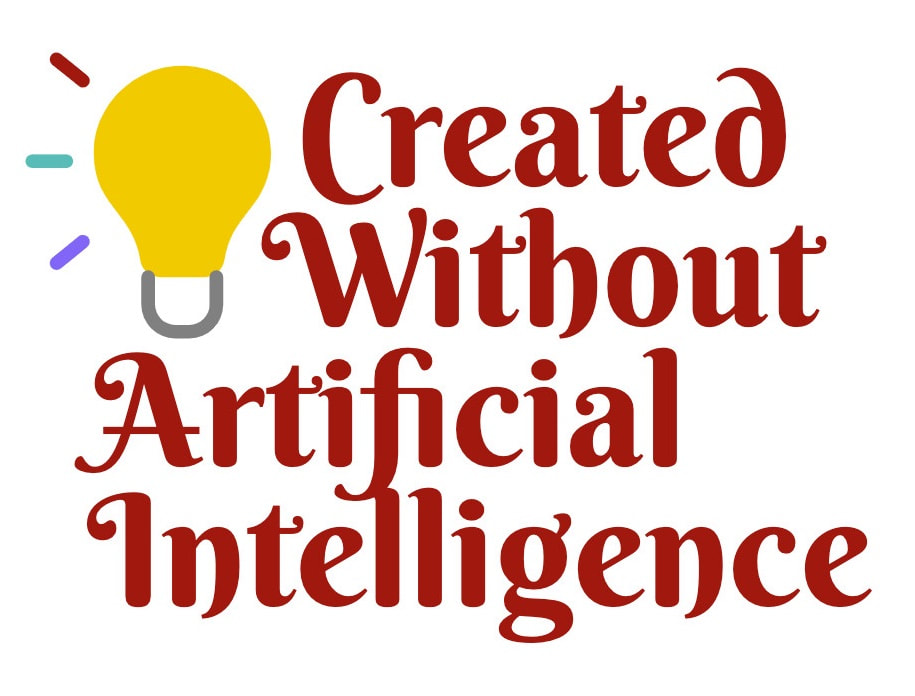 Click the image above for Fenn Rosenthal's "Dinosaurs in Love" on YouTube. Animation by Hannah Jacobs, Katy Wang, Anna Ginsburg. Click the image above for Fenn Rosenthal's "Dinosaurs in Love" on YouTube. Animation by Hannah Jacobs, Katy Wang, Anna Ginsburg.
By Melissa Walsh
Four-year old Fenn Rosenthal conceived the 2020 smash single “Dinosaurs in Love.” The song went viral weeks ago after Fenn's dad, her piano accompanist, released her performance on Twitter. Fenn's vocal delivery is adorable and her song-writing meaningful. In an NPR interview, Fenn’s dad, explained how the lyrics express Fenn’s processing of love and loss following the death of her grandfather. I picked up on something more abstract about love's truth from Fenn's song — that love’s presence (and reward) is peace and its absence disharmony. I recalled how philosopher Jean Varnier, who died last May, describes true love in his book Finding Peace. "Peace is the fruit of love,” Varnier writes, “a love that is also justice. But to grow in love requires work — hard work. And it can bring pain because it implies loss — loss of the certitudes, comforts, and hurts that shelter and define us.” The triteness in the way we celebrate Valentine’s Day today generally misses this truth. For many, it’s a have-to-buy-a-card holiday; for many others, it’s a litmus test of the health of a romantic relationship. Though conflicting legends abound about who St. Valentine was, we know that the Roman festival of lovers, Lupercalia, was renamed St. Valentine’s Day by Pope Gelasius I in the late 5th century. Since the 14th century, St. Valentine’s Day has celebrated romantic love. The first Valentine’s Day greetings cards were produced during the late-18th century, according to Encyclopedia Brittanica. The namesake of this so-called “Hallmark holiday” was likely a church martyr. The kind of love he lived out might have been what C.S. Lewis describes in his book The Four Loves as “Divine Gift-love,” or unconditional love in action. This is the type of love the Greeks categorize as Agape. The word communicates the sacrificial and most vulnerable form of love. The other three words for love in the Greek lexicon are Storge - familial love; Philia, friend love; Eros, romantic love. Lewis believed that Agape is a reflection of God’s love, essentially a reflection of who God is — Love revealed, Love in motion. Lewis argued that human love usually and naturally demands reciprocity, falling far short of Divine Gift-love, which living in a free-will cosmos, makes no such demand. The unconditional love a parent has for a child is the best way for the finite human mind to make sense of this Divine Gift-love, or Agape perfected. With unconditional love, we are not guaranteed love returned to us. We are vulnerable. Lewis warns, “There is no safe (love) investment.” “Love anything, and your heart will certainly be wrung and possibly broken,” he writes. “If you want to make sure of keeping it intact, you must give your heart to no one, not even to an animal. Wrap it carefully around hobbies and little luxuries; avoid entanglements; lock it up safe in the casket or coffin of your selfishness.” In that casket or coffin, Lewis explains, where the heart is safely locked away in a dark, motionless place, love dies. In other words, safe love is immobile and terminal. Vulnerable love is free and eternal.
Valentine’s Day zooms in on the most temperamental and fleeting of the loves — romantic love, or Eros. The reality of romance is that it either matures or it dies. Therefore, what matters is romantic love that has matured into Agape, which can be celebrated every day.
Lewis adds, “…natural Gift-love is always directed to objects to which the lover finds in some way intrinsically lovable — objects to which Affection or Eros or a shared point of view attracts him, or, failing that, to the grateful and the deserving, or perhaps to those whose helplessness is of a winning and appealing kind. But Divine Gift-love in the man enables him to love what is not naturally lovable… .” Nurturing romantic love into mature love is an art. Philosopher Erich Fromm noted in his book The Art of Loving four essential elements for this nurturing of true love: care, responsibility, respect, and knowledge. These elements shape what we give to and receive from our lover — mind-sharpening, laughter, memories, thrills, planning, touch, comfort, compassion, help, partnership, familiarity. These gifts support our confidence in stepping out in our individuality and bring us comfort when we are alone and apart from our lover. When romantic love matures with acts of Agape, then we are wrapped in peace. Divine Gift-love is a rare beauty, a wonder, in our American society, which encourages the sense of entitlement to prosperity, comfort, space, and accolades — and to Valentine’s treats. Ours is a crowded culture of takers throwing themselves into callow romances that die from insecurity, betrayal, loneness. We know that once a romantic partner discerns as unlovable a characteristic or infraction in his or her lover, the romance reaches the point of either evolving into a richer, tougher love that can survive the natural, inhospitable elements of life or there is a break up — a big bang. For those of us who have suffered this big bang, we know well that love is like peace; you know it by its absence. We move forward from that loss into a wiser time. © 2020 Melissa Walsh
0 Comments
Leave a Reply. |
Categories
All
Like what you've read? Become a supporter.
Thank you.
Archives
June 2023
|
 RSS Feed
RSS Feed
